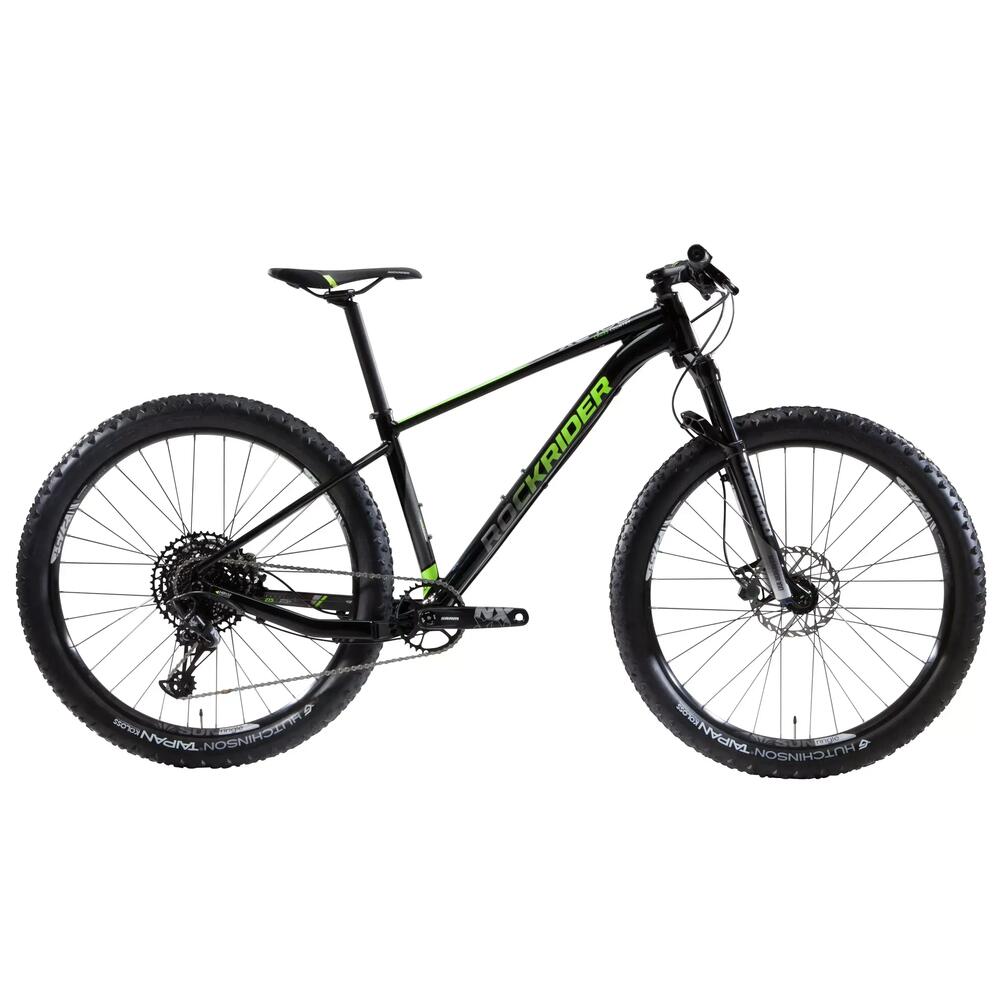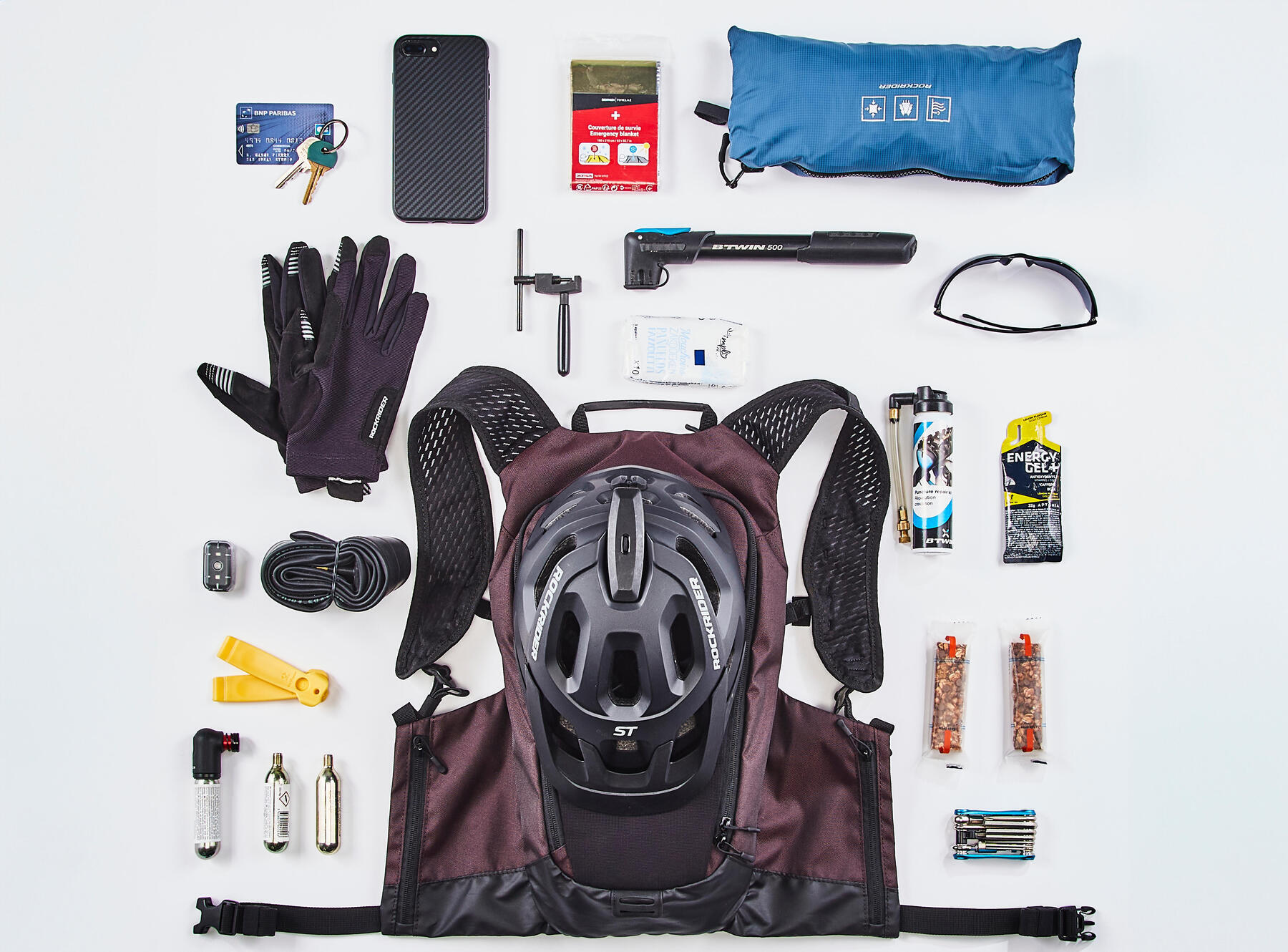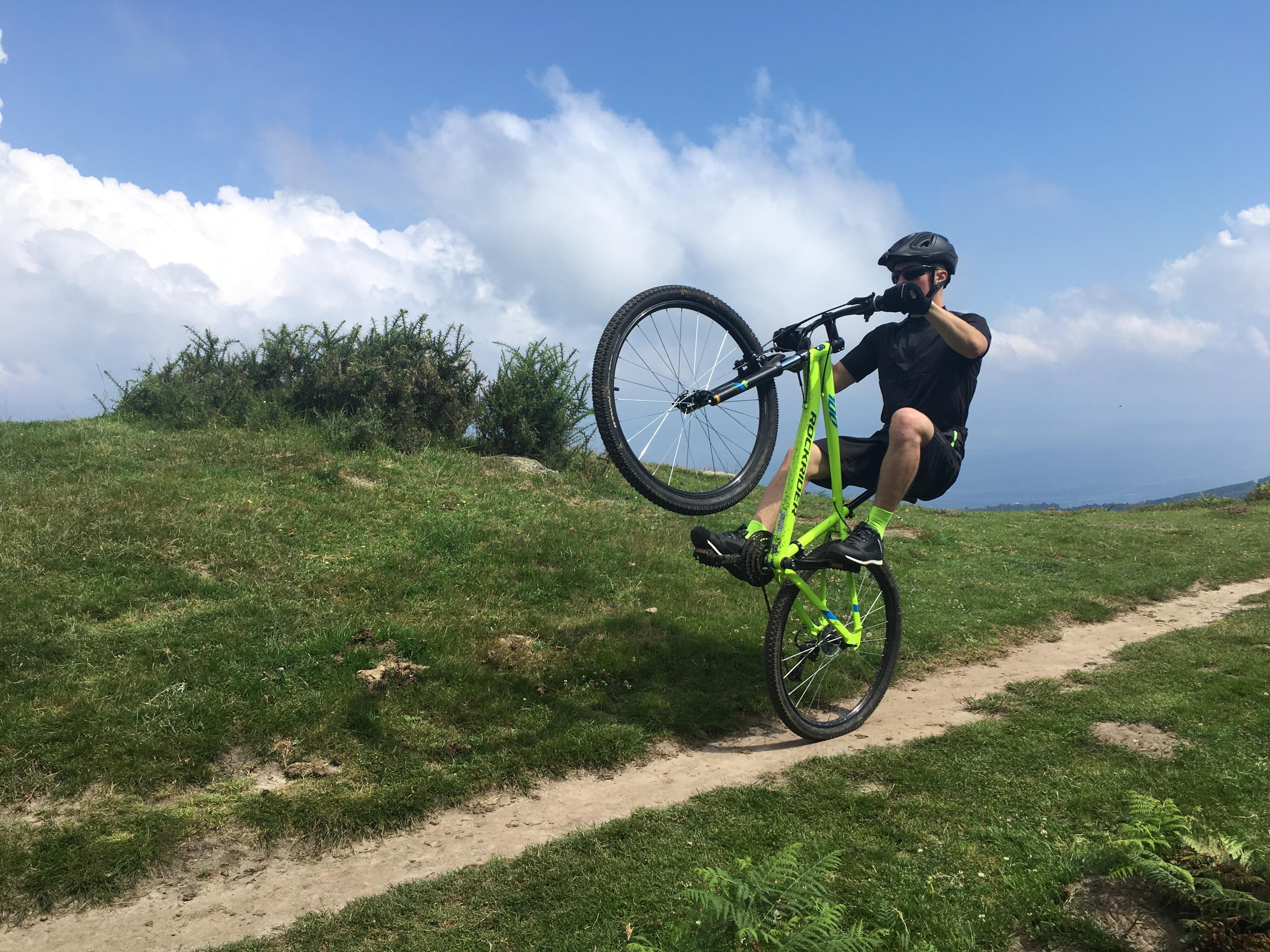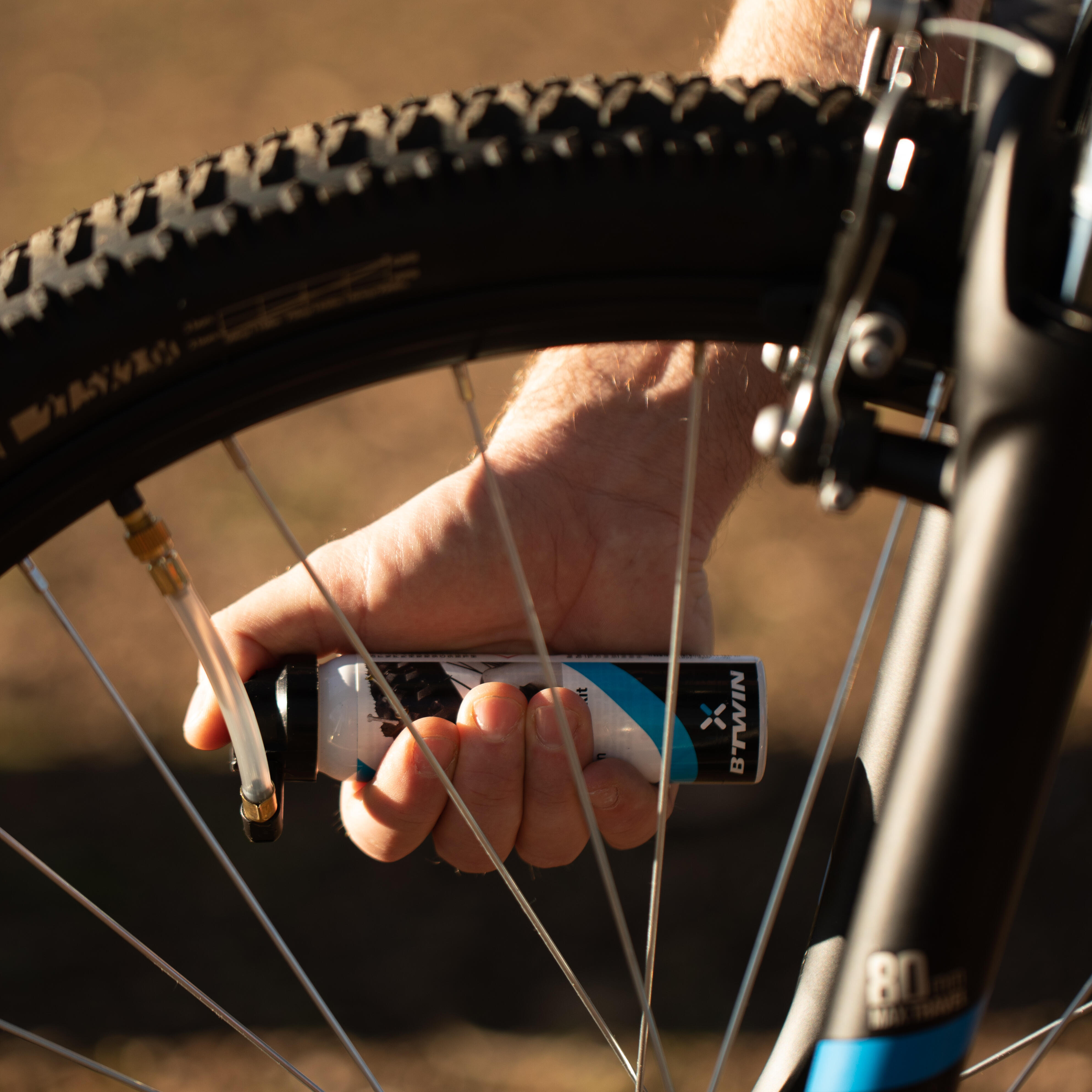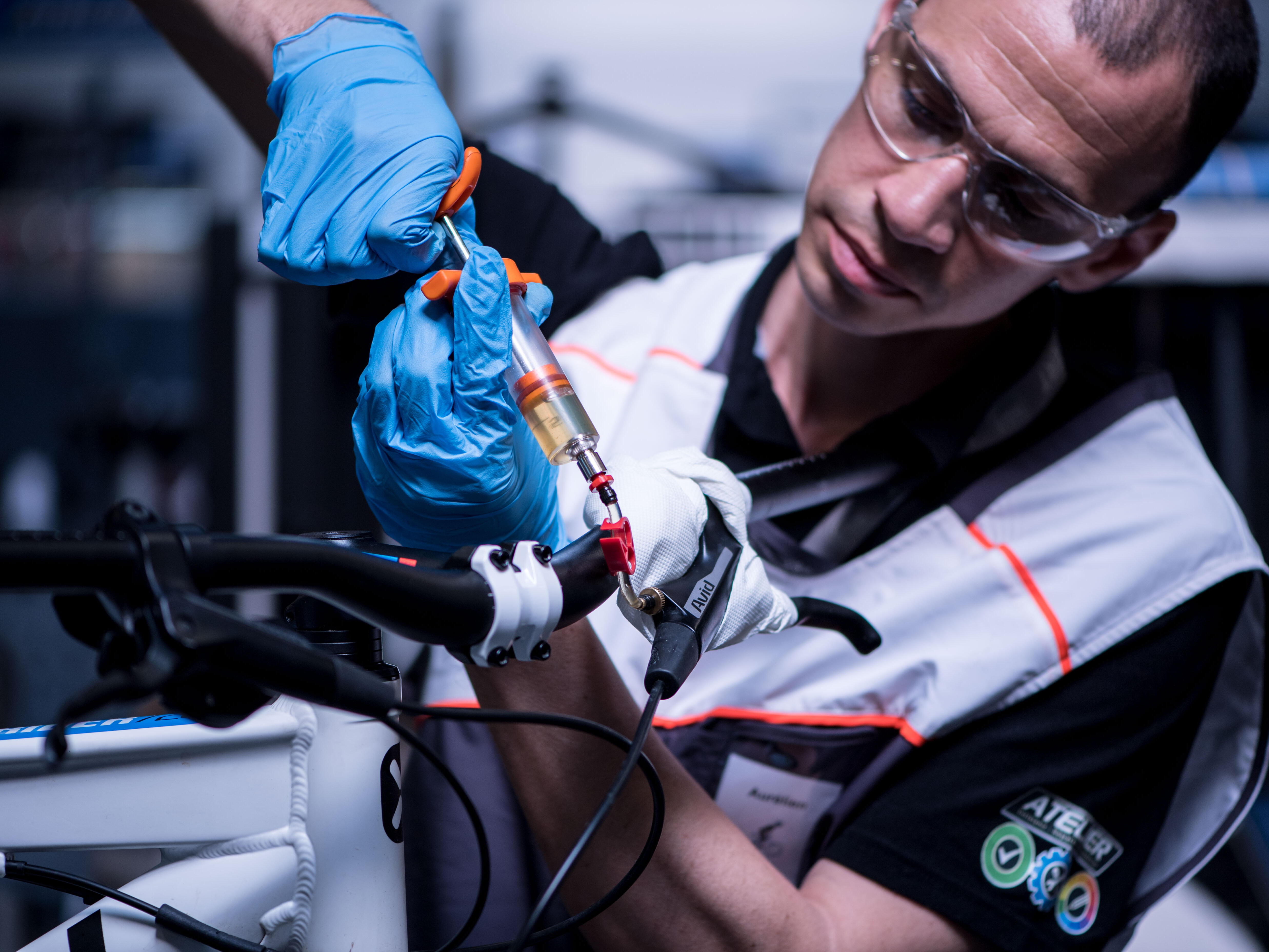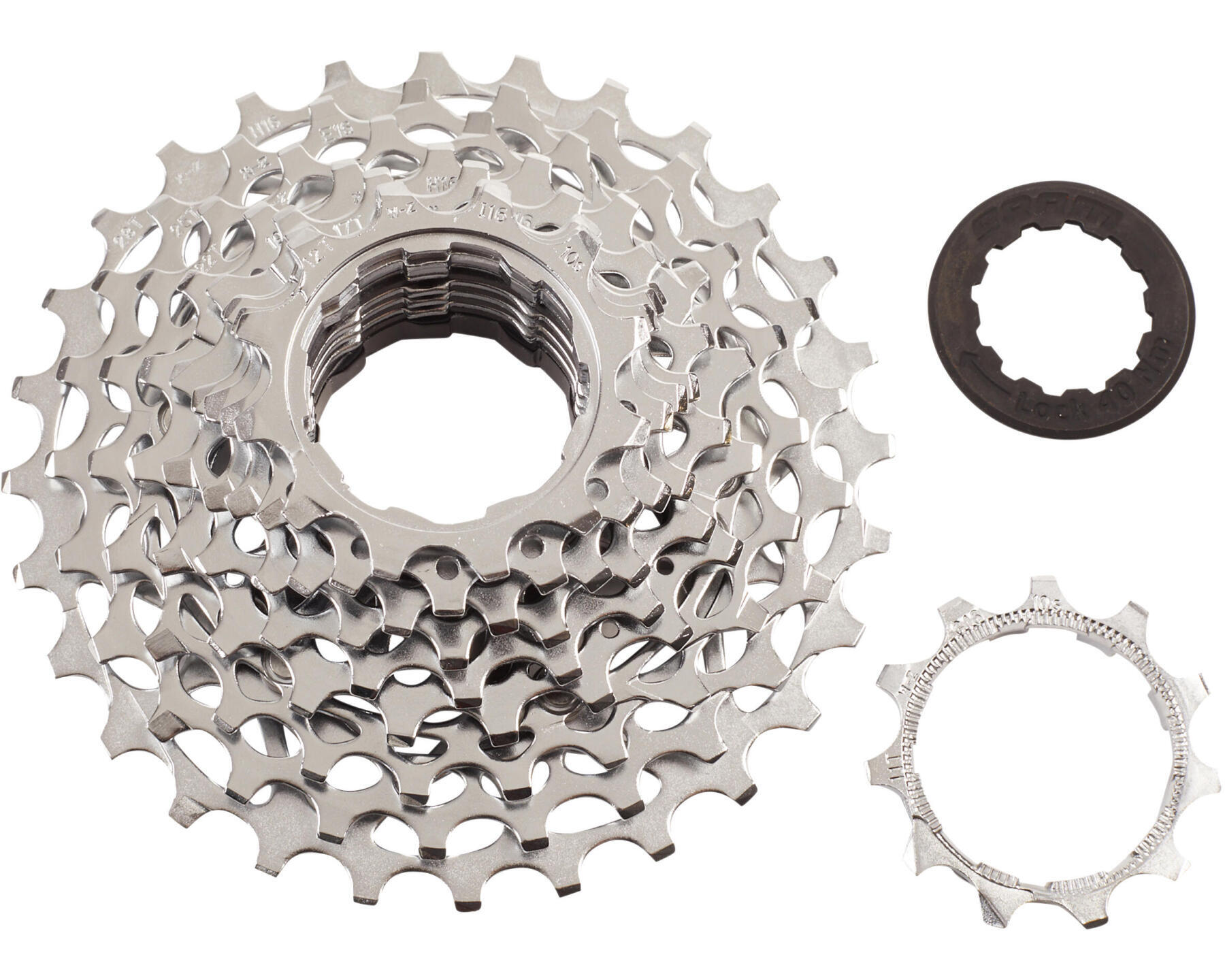Getting the right gear to deal with problems
You need to have the right equipment with you when you're out and about on your mountain bike so that you can take care of a puncture, a broken chain or any other type of setback.Here's a selection of products that can get you out of a tight spot or two.
